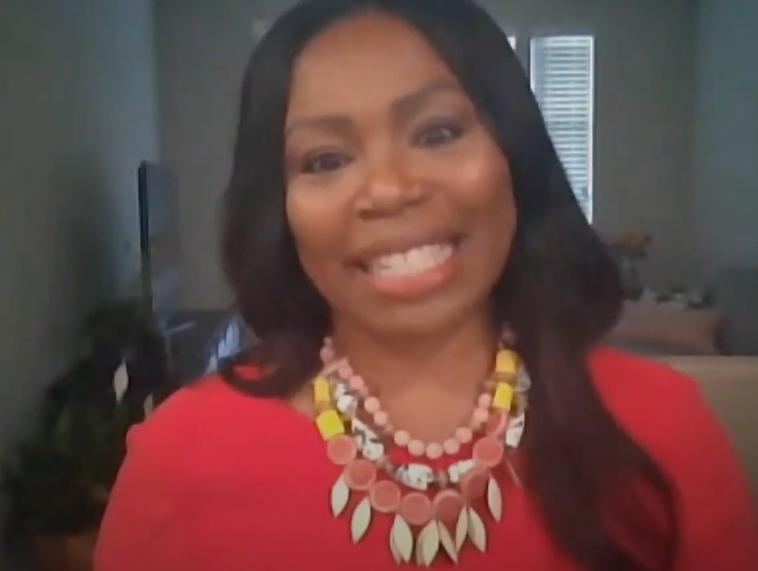Antanette Mosley is the newest member of Asheville City Council. As decided by Council’s six current members during a Sept. 8 vote, the attorney for Atlanta-based firm Alston and Bird will fill the seat vacated by Vijay Kapoor until 2022.
Sheneika Smith nominated Mosley for the role, despite her not being a “household name” like several of the other finalists. “I think she’ll bring a lot of valuable perspective to our deliberations, based on her lived experience as a fifth-generation native and her career experience as a successful Black female attorney,” Smith said.
Smith’s nomination was backed by Mayor Esther Manheimer, as well as Council members Gwen Wisler and Julie Mayfield. Brian Haynes and Keith Young both voted for Robert Thomas, the community liaison to Asheville’s Racial Justice Coalition and an outspoken supporter of community reparations for the city’s Black residents.
In her application for Council, Mosley stated that she would “firmly embrace investments” backed by local advocacy group Black AVL Demands, including supporting Black start-ups, eliminating the racial opportunity gap in schools and funding an all-civilian oversight committee to hold the Asheville Police Department accountable.
“Fundamentally stated, Asheville cannot and will not become a truly equitable and diverse society until intentional investment in the Black community occurs,” Mosley wrote. “Given the long history of oppression, each and every policymaking undertaking must have an eye toward the advancement of the Black community.”
Mosley’s appointment to serve alongside Smith and Young means the seven-person Council will have three Black members for the first time; as of 2019, the U.S. Census Bureau estimated Asheville’s population to be 11.7% Black. She will be sworn in at Council’s next meeting of Tuesday, Sept. 22.



The article concludes, “the seven-person Council will have three Black members for the first time; as of 2019, the U.S. Census Bureau estimated Asheville’s population to be 11.7% Black.” Is the implication that Council now has 40% Black representation for the city’s 11.7% Black population?
You’re right. We should go back to the good old days when they only got one Council member every few elections or so to keep them quiet…
Sorry, I was going to carry on with the sarcasm, but I just got sad realizing how many people would actually agree with that.
A facetious comment to a serious question. No one is trying to keep anyone quiet. Why did the writer cite the statistic about the percentage of Black folks living in Asheville? Was it to invite comparison with the percentage of Black representation on City Council? Having representation from various/all segments of the community is a desirable goal. How to achieve fair representation for the various segments of the community is the question. Perhaps you have some serious thoughts on the various demographics of our community and how they can all feel represented. White: 83.01%; Black or African American: 11.69%; Two or more races: 2.32%; Asian: 1.84%; Other race: 0.52%; Native American: 0.33%; Native Hawaiian or Pacific Islander: 0.29%; College degree, approximately 50%; High school diploma, approximately 50%; Approximately 40% of Asheville residents make $20,000-40,000. How are people without college degrees and low earners represented? And what is the geographic/neighborhood distribution of where Council members live? Is equity and inclusion only about race? This question is agenda-free.
Agree, putting that stat in there seemed a little odd to me as well, but I’m guessing likely wasn’t done with any intent other than perhaps meeting a length quota or showing the editors extra research was done or something.
Sometimes a rose is just a rose….
No LEADERSHIP NO peace.